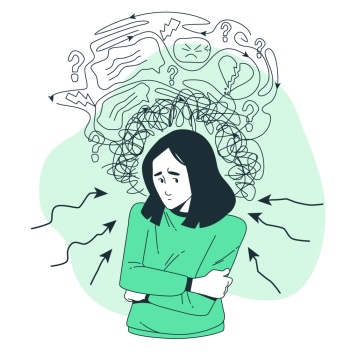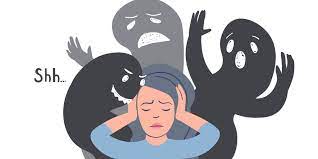
Facilitating Medication Compliance
By: Irene Tussy
No matter how effective a medicine is, it will only work for a patient if it is taken properly. Patient health outcomes are evaluated based on the eradication or recurrence of symptoms, emergency room visits, hospitalization, readmission rate, morbidity, and mortality. Medication noncompliance contributes to all these factors, as well as an increase in the cost of healthcare and increased spending on healthcare.
Education is the most effective tool to combat medication noncompliance, and it is equally important that all involved in a patient’s care are educated. The responsibility for compliance is shared by both patient and doctor. Prescribers need to be aware of the importance of communicating clearly with their patients about the medicines they prescribe. This includes having a conversation about what they are treating and why, as well as addressing not only the side effects of the medicine but the effect of not taking the medicine as well. Prescribing instructions need to be clear and should be reviewed with the patient before dismissal, in writing if at all possible.
Another important factor for prescribers to review with their patients is the dosage regimen. Patients may be more likely to adhere to a single-dosing approach than they are to a multi-dosing approach. Extended release medications are a great option to consider. If a single-dosing regimen is not possible or is more efficacious, the prescriber needs to make sure that the patient understands the potential repercussions of missing doses.
Pharmacies also play an important role in medication compliance. Automatic refills or refill reminders should be offered to all patients. Text messaging or automated phone calls are viable options. If a patient cannot afford medicine, pharmacies should make available patient information pamphlets from drug companies that often provide a sliding scale or other options to make their drugs more available to those in need. For their part, drug companies need to offer price reductions or sliding scale options to their patients from all socioeconomic backgrounds. They should also evaluate dosing schedules and try to offer more extended release options on a regular basis. Creating multiple formulations may be useful, such as pills, capsules that tend to be easier to swallow, or liquid for those with dysphagia.
Ultimately, the responsibility for medication compliance lies with the patient, after all, it is their health and well-being that is at risk. A regular medication regimen needs to be set up at home, while on vacation, or on a business trip. Patients should never leave their doctor’s office with unanswered questions about their medications, and if any arise after the visit, a phone call needs to be made to the office as soon as possible, before the question is forgotten.
If you or someone you know is struggling with medication compliance, contact our psychotherapy offices in New York or New Jersey to talk to one of our licensed professional psychologists, psychiatrists, psychiatric nurse practitioners, or psychotherapists at Arista Psychotherapy & Psychiatric Services. Contact our Manhattan, NY or Paramus, NJ offices respectively at (201)368-3700 or (212)722-1920 to set up an appointment. For more information, please visit https://counselingpsychotherapynjny.com
Reference: https://www.ncbi.nlm.nih.gov/pmc/articles/PMC9498383/






